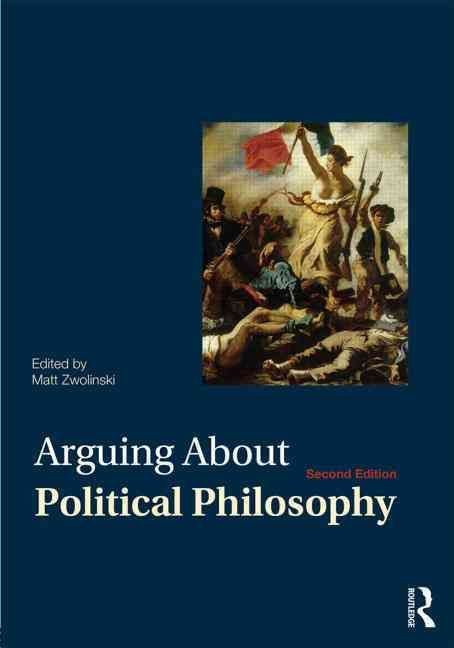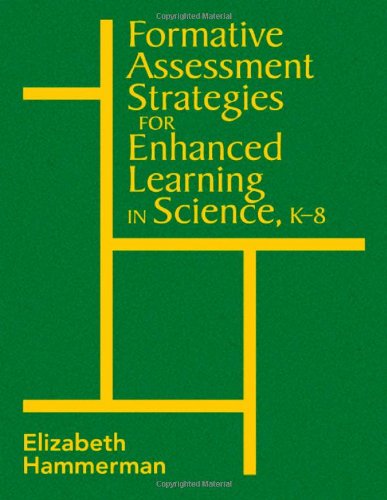This book analyses the most significant aspects of the evolutionary process which occurred in literary hermeneutics: the shift from interpretation perceived as a methodology of reading to the ontological function of exegesis.Through the discussion of the theories of Friedrich Schleiermacher, Eric Donald Hirsch, Hans-Georg Gadamer and Paul Ricoeur, it focuses on the metamorphosis of the concepts of meaning, interpretation and validity, and demonstrates how the correlative changes in the essence and functions of these three elements transformed the art of understanding from being a methodological discipline to an ontological instrument for a re-description of the interpreter’s self.The book highlights the development of those aspects of hermeneutic thought which are of particular significance in the contemporary debate over validity and criteria of interpretation.The vision of hermeneutics proposed here contradicts the supposedly anachronistic character of the art of understanding, and, through a permanent departure from essentialist views and categories, enables it to enter into a discussion with such literary orientations as neo-pragmatism and reader-response theory.












